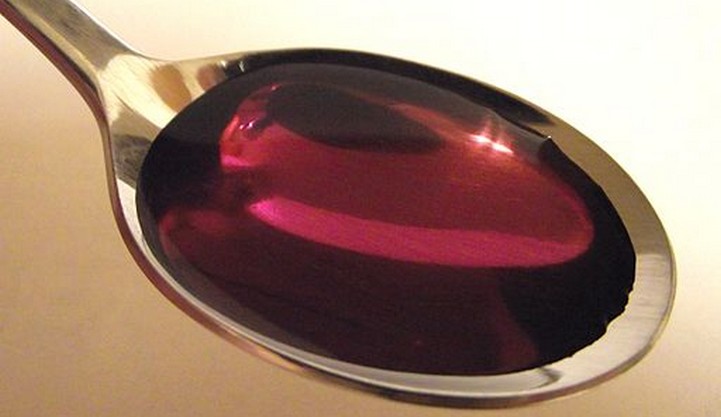
From time to time, children may need to take medications while in child care. Child care directors and providers must be careful to handle medications properly and to ensure that children receive the appropriate dose of the right medicine at the right time. Here are some guidelines for giving medications to children in a child care setting.
- Always require a signed release form. Parents or legal guardians should sign a medication release form for each medication. The form should include the child’s name, name of the medication, the dosage, and exactly what time the medicine should be given.
- Choose a designated person to dispense medication. This helps ensure that medicines are given at the appropriate time and simplifies record-keeping. If the child care program does not have a nurse on staff, the center director or administrator may be the best person to dispense medication.
- Give medicines only in the original container. Both prescription and over-the-counter medicines need to be in an original bottle or package. The container should be labeled with the child’s name, correct dosage, and the pharmacy that filled the prescription.
- Contact parents with questions. If you are unsure about how to give the medicine to a child, contact a parent for specific instructions, and note them on the release form. A pharmacist will not give out information on a specific child, but may be able to help with more general questions about storing the medicine and how often it should be given.
- Store medications properly. When refrigeration is required, store medications in a separate, covered container to prevent contamination of food and other medications. All medications must be stored in a place that is inaccessible to children.
-
Get permission for over-the-counter medications and creams. You need parental permission to give a child any of the following medications. Your child care program should set a policy about whether doctor’s permission is required to give children over-the-counter medications.
- Antihistamines
- Non-aspirin pain relievers and fever reducers
- Cough medicine
- Decongestants
- Anti-itching creams
- Diaper ointments and powders
- Sunscreen
- Insect repellent
- Use an accurate medicine dropper or dosage spoon. Regular silverware spoons are not accurate for measuring medicine.
- Stop giving medication if you observe side effects. Make specific notes about the side effect. Inform parents and/or a medical professional.
- Keep a record. As soon as you give a medication to a child, record it in a designated notebook. Note the child’s name, the medication, the dose, and the date and time of day.
For More Information
To learn more about health and safety issues in the child care setting, check out the following eXtension Alliance for Better Child Care articles:
